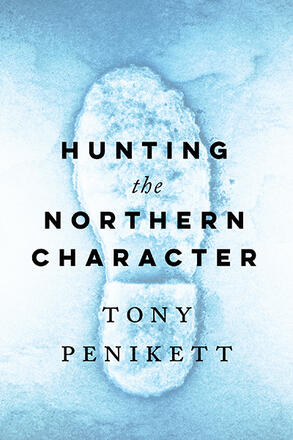
Hunting the Northern Character
This deeply personal account of recent developments in the Canadian North tells the story of a region that leaders in Oslo, Ottawa, Moscow, and Washington often refuse to see and that only insiders fully know.
La description
Canadian politicians, like many of their circumpolar counterparts, brag about their country’s “northern character” but what do they mean, exactly? Southern perspectives fail to capture northern realities. During decades of service as a legislator, mediator, and negotiator, Tony Penikett witnessed a new northern consciousness grow out of the challenges of the Cold War, climate change, land rights struggles, and resource megaprojects. His lively account of clashes and accommodations between Indigenous and non-Indigenous leaders tells the story of an Arctic that the world does not yet know.
Reviews
This is an insider’s view of Canada’s North and the Arctic world generally, informed by decades of experience in all aspects of northern life – social, environmental, and economic. It is astonishingly wide-ranging and comprehensive in its approach to topics, as well as lighthearted and anecdotal. It is difficult to think of anyone who knows more, or as much, about this subject as Penikett, which makes his book indispensable reading for anyone interested in the North.
Summing Up: Essential.
- W. R. Morrison
Hunting The Northern Character is an eloquent appeal to end condescending treatment of the one uniquely Canada region best known to the outside world.
- Holly Doan
There are tantalizing snippets of memoir in this book—Penikett is an excellent writer, and there’s one especially lovely description of his presence as honorary pallbearer at his former mother-in-law’s funeral and potlatch. But it is largely a comprehensive review of issues such as governance, international relations (a history and critique of the Arctic Council), resource management, climate change, and social issues like poverty, education, and health. Chapters on climate change, the “hungry ghost,” and the complex issue of sovereignty are especially good, as Penikett honours traditional knowledge (known colloquially as TK), and the slow integration of traditional knowledge into scientific research and analysis in the Arctic.
- Marian Botsford Fraser